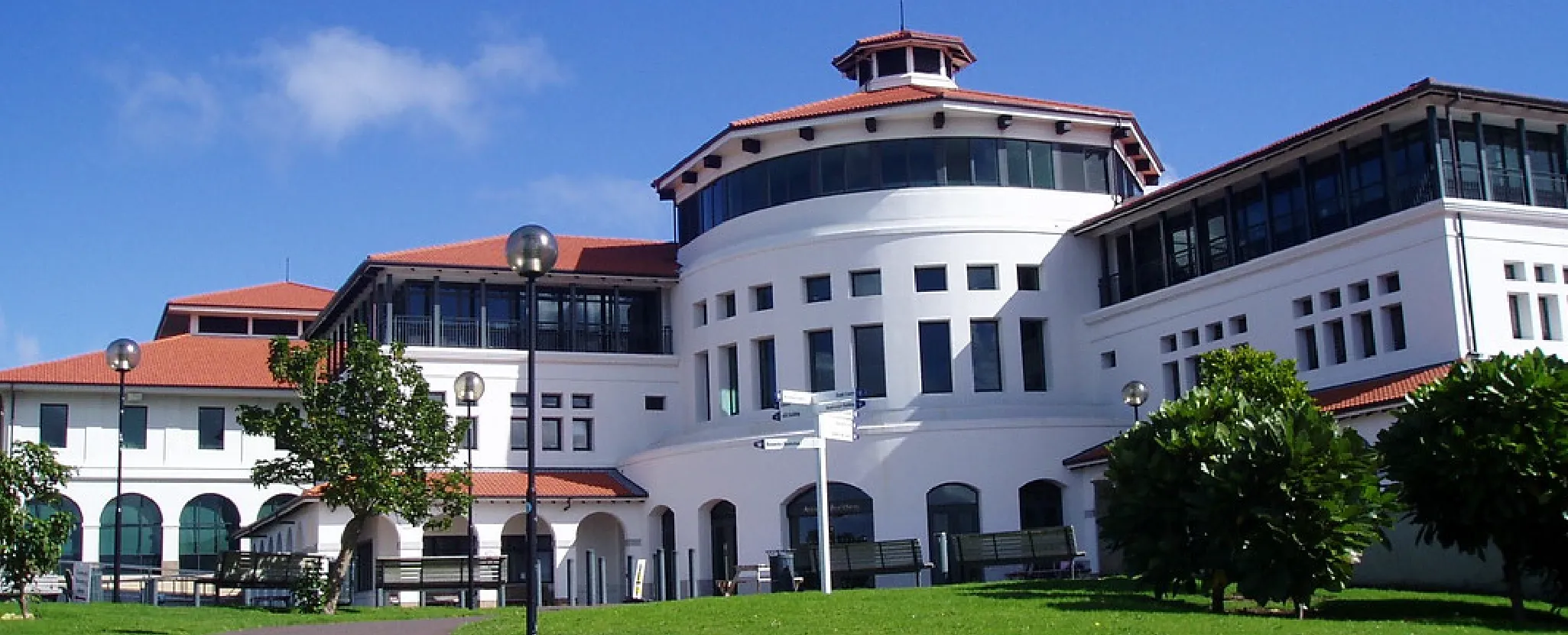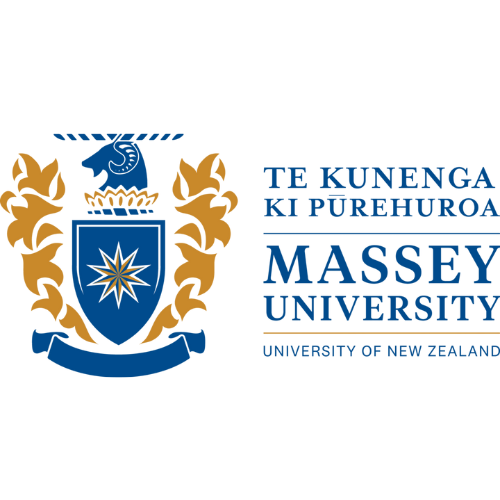About
During the Bachelor of Engineering in Electronics from University of Southern Denmark, you will learn how to develop industrial and consumer electronics. This can be, for example, within green energy systems such as wind turbines and solar cells, robots, or electronics for medical equipment. You will learn about analogue and digital electronics as well as the use of modelling and simulation tools as part of the development process. You will also learn how to develop advanced software, which is essential for Danish and international companies. The development of new processes and products requires a broad approach, the technical aspects cannot stand alone. Therefore, you will learn to include all relevant aspects and think coherently when developing new products.
Apply Now
University of Southern Denmark
Main campus: Odense, Denmark324
University of Southern Denmark
Key information
Duration
Full-time
3.5 years
Start date & application deadlines
Starting Date
January
March
Language
English
Credits
180 Credits
Delivered
On Campus
Campus Location
Odense, Denmark
Disciplines
Engineering & Technology
Explore more key information Visit programme website
Overview
Unlock the future of technology with the Bachelor of Science in Engineering Electronics. This undergraduate program equips you with the foundational knowledge and hands-on skills to design, develop, and troubleshoot modern electronic systems. You’ll explore key areas such as circuit design, embedded systems, digital electronics, signal processing, and communication technologies—preparing you to innovate and excel in the fast-evolving electronics and technology sectors.
Career Outcomes
-
Electronics Design Engineer
-
Embedded Systems Developer
-
Test and Validation Engineer
-
Control Systems Engineer
-
Communication Systems Analyst
Programme Structure
Courses include:
-
Analog and Digital Electronics
-
Microprocessors and Embedded Systems
-
Signals and Systems
-
Electronic Circuit Design
-
Communication Systems
-
Control Engineering and Automation
Academic requirements
We are not aware of any specific GRE, GMAT or GPA grading score requirements for this programme.
English requirements
Tuition Fee
Here’s what we charge for tuition.
The living costs include the total expenses per month, covering accommodation, public transportation, utilities (electricity, internet), books and groceries.
Scholarships Information
Visa information
Student visas for Denmark
Are you from Bangladesh? You might need a student visa...
Don't worry, everything is ok. We're on it, and we're doing all we can to make your search for the right international degree in Denmark a little easier and more enjoyable.
Still, while we’re catching up, you can always beat us to it and:
- Check if you really need a student visa. Since you're from Bangladesh and planning full-time academic study in Denmark yes you’ll definitely need a residence permit for higher education.
- Start exploring the official website of the Danish Embassy in Dhaka. That’s where all the latest and most reliable information lives. Bookmark it, read it, reread it.
- Check the deadlines. The visa process takes time and missing a step or delaying your application could mean missing your semester start. Not the kind of plot twist you want.
- Go on a paperwork treasure hunt. Passport, university admission letter, completed ST1 form, proof of financial support, passport-sized photos, academic documents, language test results yes, the list is long, and yes, you’ll need every piece.
- Start saving up. You’ll need to show you can financially support yourself while studying in Denmark. That means proving you can cover tuition, living expenses, and maybe even your daily coffee and pastry habits.
- Enhance your English skills even if you’ve already taken IELTS, Duolingo or other tests. Strong language proficiency will benefit both your visa process and academic success.
All in all, getting your Danish residence permit might feel like a lot, but it’s a big step toward an even bigger adventure.
Thanks and good luck!
Work Permit
Work while studying in Denmark
If you’re from Bangladesh, you will need a work permit if you want to combine studying with working in Denmark.
Here you see the rules for getting a part-time work permit.
If you hold a Danish residence permit as a student, you’re allowed to work part-time in Denmark during your studies. Currently, international students can work up to 20 hours per week during the academic year and full-time during June, July, and August.
How can I apply?At local authoritiesYou do not need to apply separately for a work permit if you already hold a residence permit for studies in Denmark. The right to work part-time is included with your student residence permit. |
Application requirementsStudents can work part-time during your studies and full-time during June, July, and August, as long as your residence permit is valid and your primary activity remains full-time study. |

Duration of work permitThe work permit is valid for the same duration as your student residence permit.
|
Max. hours of work per week20 hours/week |
Required documentsYou do not need to submit a separate application for part-time work, but you should always be prepared to show:
|





